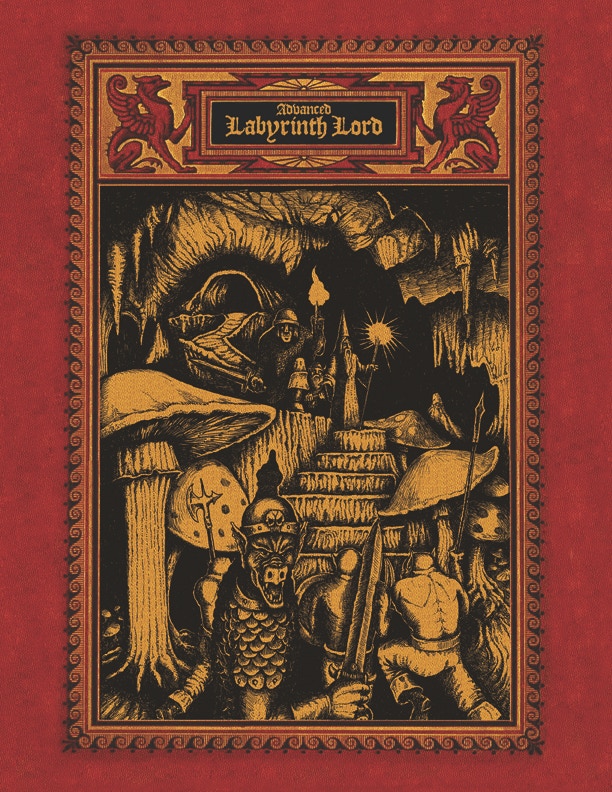The weird is Fate
This is a slightly cleaned-up version of a comment I posted in response to Zak’s philosophizing about the weird. I don’t believe that my comment represents the only or best way to think about the weird, but it could usefully inform ideas about the weird in game terms.
The weird is Fate. Knowledge of the future is occult—in the sense of the hidden.
Zak is correct that it’s not exactly unnatural, but it’s frighteningly primal, in the way that the Greeks drew a distinction between the gods (who were powerful, but basically relatable in terms of human motivations) and older powers like the Furies or the Fate (who even the gods feared and found inscrutable).
So, Cthulhu is weird in the sense that he is fated to rise from his eons of slumber in the misty and indeterminate future, beyond the ken of man. Like the Greek Fates, he is older than mankind, and alien.
Weird themes are bound to emerge, as Zak observes, at times when the popular imagination fixates on the uncertainties of the future. The interwar years would qualify.
In game terms, an encounter with the weird would involve a perhaps hubristic attempt by man to engage with the earliest, amoral, alien powers of the universe. The referee should give characters reasons to feel atavistic dread at the prospect of any such effort.



